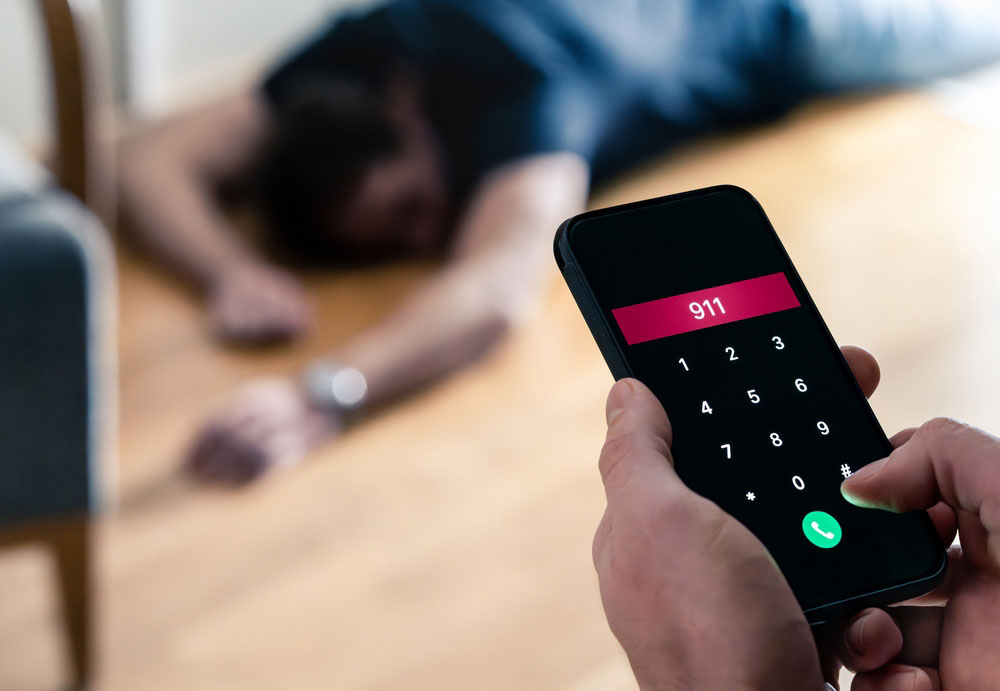International Overdose Awareness Day on Aug. 31 is a solemn reminder of the lives lost to drug overdoses and a call to action for prevention, education and support. Overdoses can happen to anyone, regardless of age, background or intention. Knowing what to do in a critical moment can save a life – and potentially become a catalyst for recovery.
Why Overdoses Happen
An overdose occurs when a person takes more of a drug than their body can handle. Factors that contribute to overdose include:
- Relapsing after a period of sobriety, which reduces tolerance
- Combining substances, such as opioids and alcohol or benzodiazepines, which magnifies the effects unpredictably
- Taking a higher dose than usual
- Unknowingly taking a contaminated or counterfeit drug like fentanyl-laced pills
Signs of an Overdose
Overdoses don’t always look the same, but they often share telltale warning signs. Familiarizing yourself with these symptoms is critical if a friend or family member routinely drinks or uses drugs.
- Unresponsiveness or unconsciousness
- Slow or irregular breathing
- Bluish or pale skin, especially around lips and fingertips
- Vomiting or gurgling sounds
- Slowed or erratic pulse
- Seizures or tremors
- Pinpoint pupils
How to Respond to an Overdose
You can do your part to observe International Overdose Awareness Day by learning what to do in a crisis.
- Immediately call 911: Time is critical. Emergency responders administer lifesaving treatments, including naloxone for opioid overdoses.
- Administer naloxone if available: Naloxone is a fast-acting opioid antagonist that can reverse the effects of an overdose. It’s available over the counter in California and is safe to use even if you’re unsure which substance the person took.
- Keep the person awake and breathing: If the overdose victim is conscious, try to ensure they stay that way. If they are unconscious but breathing, place them in the recovery position to prevent choking.
- Do not leave the person alone: Stay with them until help arrives. If they stop breathing, begin CPR if you know how to do it.
- Provide first responders with information: Emergency personnel will want to know what drugs the person took and how much, plus their age and other factors. Stay calm and answer these questions to the best of your ability.
Turning a Crisis Into a Catalyst for Change
For many, an overdose is a painful but powerful wake-up call that brings the need for treatment into sharp focus. Encourage your loved one to seek professional help as soon as they are stable – otherwise, the risk of another overdose remains high. Long-term recovery is possible with compassionate, medically supervised care.
Hemet Valley Recovery Center & Sage Retreat’s experienced professionals address the physical and psychological components of substance use disorders in a hospital-based setting. We provide medical supervision and individualized treatment planning in one location. Recovery starts with acknowledging the problem and having the courage to reach out.


